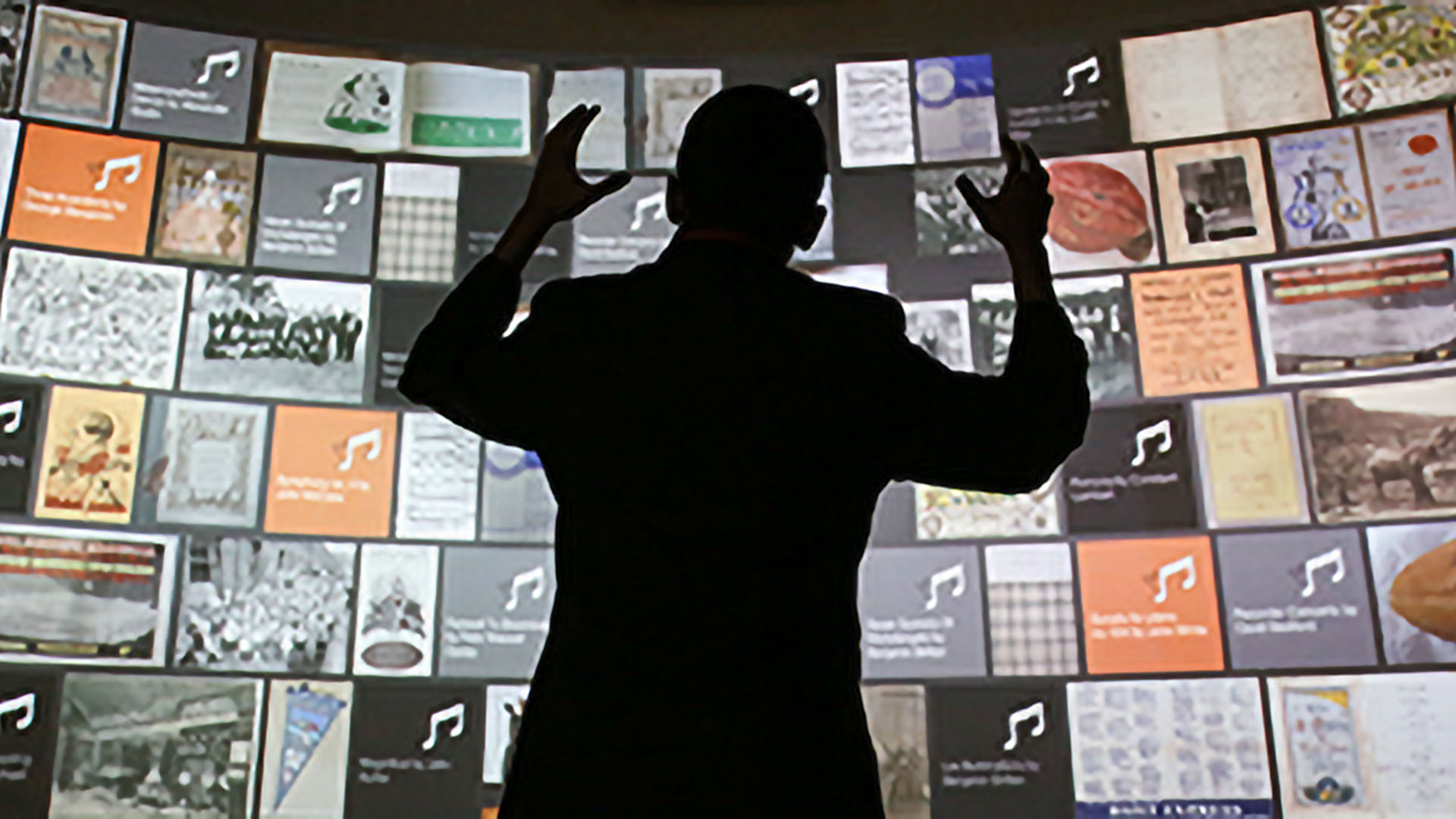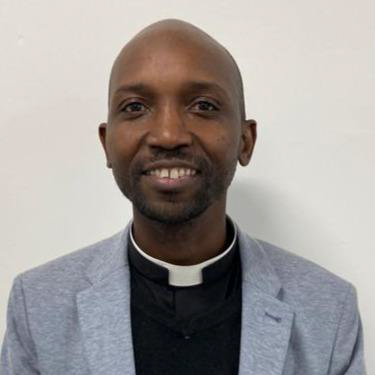
Should we care about what is happening around us?

Rev. Ericcson T. Mapfumo
Coordinating Anglican Chaplain
Originally from Zimbabwe, Ericcson has been in the UK for the last 20 years and is a Church of England priest or pastor looking after two churches in Huddersfield. He has worked in a variety of settings with people from diverse nationalities and cultural backgrounds, building strong working relationships and adapting well to different environments. He knows what it means to be a student, having completed his BSc (Hons) in Construction & Project Management at the University.
I used to think, why should I care about what is happening around the world, if it does not have an impact on me? Perhaps others are feeling like this today. The global conflict around us has started to make us think, how do we respond to conflict? In particular, different religions have different ways in which they might want to respond. Let me try to bring this into perspective.
The impact of countries on others in a global community
We live in a global village, in which the actions of one country will have an impact on another. It seems to me that the countries from the global south and global north all need each other, since not one nation or country will have enough natural or human resources required to flourish in whatever areas they desire.
One perspective to understand the contribution of each country or individual is to frame it around Sustainable Development Goals (SDGs) and how, as a global community, we should evaluate how our actions are based on them (Geh et al., 2025).
More recently, l have also come to understand that some scholars have been critical of how SDGs are being taken uncritically, and most of the people from the global south have found them to be exclusive based on their realities (Chirisa et al., 2025). While my role in this blog is not to present an opinion, I think it is worth looking at the arguments from both camps. In terms of evaluating the impact of our actions, I know that the SDGs have been helpful. For example, if the chaplaincy services help staff and students to think about their role in being stewards of creation, this aligns with SDG, which talks about environmental concerns.
As someone with faith and belief, l have recently looked at the church of England's Five Marks of Mission, which are:
| Number | Marks of Mission |
|---|---|
| 1 | To proclaim the Good News of the Kingdom |
| 2 | To teach, baptise and nurture new believers |
| 3 | To respond to human need by loving service |
| 4 | To transform unjust structures of society, to challenge violence of every kind and to pursue peace and reconciliation |
| 5 | To strive to safeguard the integrity of creation, and sustain and renew the life of the Earth |
Understanding the Marks of Mission in context
The five Marks of Mission help me to have a holistic understanding of what it means to live a life as a Christian disciple. Of course, over the years, there has been a different emphasis on these marks, but it is fair to say, they are contextual. The context is important; one can have a message that can change the world, but it needs a proper medium if it is to make a difference.
At university, we celebrate the diversity of people around us, and we have people from different parts of the world. Diversity around us gives colour and richness in life, and without this richness, I believe life would be boring. In a similar fashion, our teaching sessions and activities benefit when diversity is celebrated and incorporated. Outside perspective is also essential for a community or group to avoid the bias which comes with groupthink.
In my own life, on Sunday mornings at church, l am known to be an advocate for those on the margins - those who are the outcasts of society. I have been trying to understand what my core belief is, which pushes me to act and behave like this. This exploration led me to think of my own thinking (metacognition), and perhaps how l can apply it in real life.
In conclusion, as a Chaplain, the discussion above makes me reflect on the Good Samaritan. The story found in the Christian Bible (Luke 10:25-37) talks of someone who was attacked by robbers and was almost dead. Different people came across him, but turned a blind eye to what they were seeing. Among those who neglected to help were religious leaders, community leaders - people we might think were supposed to help. By telling this story, Jesus was making us aware that we should care about what happens around us, and more so for each other, because all of us are created in the image of God (Imago Dei).
Further reading:
- Church of England (2019). The Environment and the Five Marks of Mission.
- Chirisa, I., Magande, T., Mapfumo, E.T., Munyavhi, A. (2025). Environmental Justice as a Practical and Sustainability Issue in Sub-Saharan Africa: Gaps and Options. In: Parray, J.A., Shameem, N., Haghi, A.K. (eds) Sustainable Urban Environment and Waste Management. Urban Sustainability. Springer, Singapore.
- Geh, N., Emuze, F. and Mapfumo, E. 2024. Retrofitting buildings towards the realisation of Sustainable Development Goals. In: Opoku, A. The Elgar Companion to the Built Environment and the Sustainable Development Goals. London: Edward Elgar Publishing Limited.